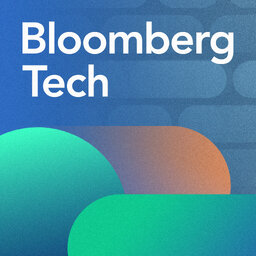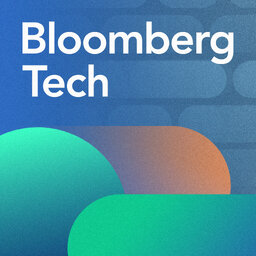AMD Adds Data Center Technology and GM Slashes Jobs
Bloomberg's Caroline Hyde and Ed Ludlow break down AMD's $49 billion deal to buy server-maker ZT systems to fight back against Nvidia in the data center space. Plus, General Motors slashes software jobs after a big push to bolster its digital prowess, and sports streaming platform FuboTV continues to surge after rivals were blocked from launching the Venu Sports service a week before rollout.
 Bloomberg Tech
Bloomberg Tech


